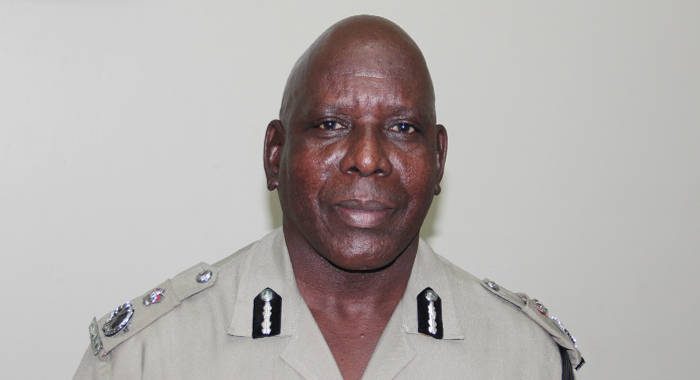Newly appointed Commissioner of Police, Michael Charles, says he is concerned that cases of rape, and violence against the person remain high, even as other crimes have been declining.
He told reporters this week that the leadership of the Police Force will focus on reducing these crimes and developing strategies for various areas across the country where there are large numbers of certain types of crimes.
Charles said more patrol and public education is important in reducing cases of rape.
He said that while the Sexual Offences Unit of the Police Force exists “in principle”, it has the “the makings of a unit”.
Charles said that there are a lot of burglaries in the Belmont-Gomea areas and the Force will focus on strategies to fight these crimes.
If there are other crimes concentrated in other areas of the country, the police will pool resources to come up with a strategic plan to counter these, Charles further said.
He said continued training of officers is important and mentioned a recent workshop for detectives who work with vulnerable and intimidated witnesses.
He said the training was sponsored by the Britain and the United States and facilitators said participants have responded well to the training.
Charles said that as it relates to new crime fighting strategies, the commissioners rank and divisional officers will decide how to chart the way forward for other officers.
Charles also said that the wants police officers to have a better relationship with the public and that the media is an important partner in this regard.
He also spoke of the Police Force’s other programmes, including Pan Against Crime and Police Youth Clubs.
Charles said that the relocation of the Police Canteen from the barracks to the top floor of the Central Market had resulted in people from all walks of life becoming part of the clientele.
He said that the Police Force will offer space at the canteen for use by young dancers who practice on the ground floor of the market.
“We don’t want them to see the police as only coming to arrest. We want to see them working along with the police, hand in hand, so we can start them from, if you want to call it the incubation stage, up to adulthood,” Charles said.






